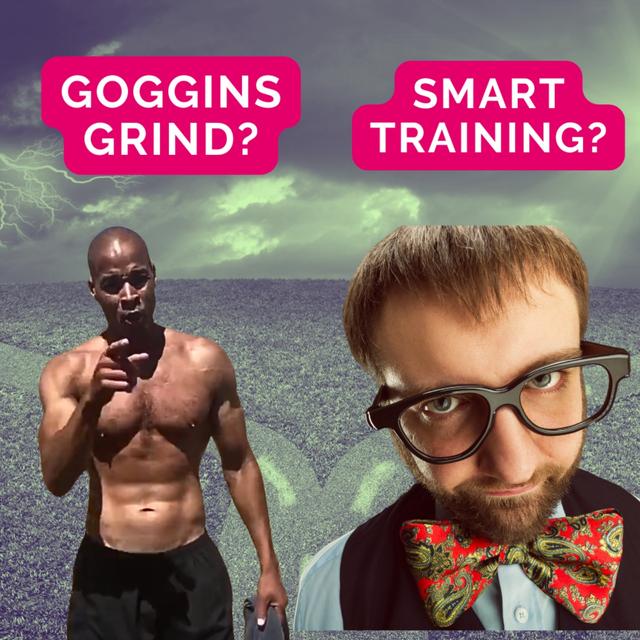
David Goggins Says ‘Stay Hard’—But Is That Destroying Your Running?
Feb 15, 2025•30 min
Episode description
How do you know if you’re pushing too hard—or not hard enough?
David Goggins’ hardcore training philosophy is legendary—but is it actually good for distance runners? In this episode, we break down the pros and cons of his approach, from mental toughness to the risks of overtraining. Learn how to push yourself without breaking down, and discover what truly works for long-term running success.
Key Takeaways
- Mental toughness is valuable, but overtraining can lead to burnout and injuries.
- Rest and recovery are just as important as pushing hard in training.
- Every runner needs to find their own balance between discipline and sustainability.
- [00:00] – The big debate: Is David Goggins good or bad for runners?
- [02:30] – Why some runners thrive under his mindset
- [05:10] – The paradox of suffering vs. enjoying running
- [08:45] – The dangers of always pushing to the limit
- [12:00] – Real-life consequences of overtraining
- [15:20] – How elite runners balance toughness and recovery
- [18:40] – What everyday runners can take from Goggins’ approach
- [21:50] – The surprising way Goggins started his public speaking career
- [25:30] – The role of AI in running training plans
- [28:00] – Final thoughts: How should YOU approach hard training?
- 📈 Get your free 30 Day 1% better 5K +Base Training & Habits Plan - https://dlakecreates.com/base5kfree
- 🎧 Listen, read and learn more here https://dlakecreates.com/tot-goggins
- David Goggins on Joe Rogan - https://www.youtube.com/watch?v=5tSTk1083VY
- David Goggins Books - https://davidgoggins.com/book/
- Remy B Reel on YouTube - https://www.youtube.com/@UC7zYr0KicIQO-mfJXjvyllA
- All other This or That Episodes - https://dlakecreates.com/tot
- DLake Runs on IG - https://instagram.com/dlakecreates
- DLake Runs on Strava - https://www.strava.com/athletes/12050
Hosted on Acast. See acast.com/privacy for more information.
For the best experience, listen in Metacast app for iOS or Android
Open in Metacast